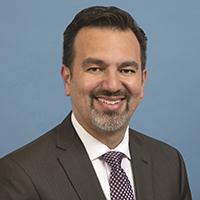Episode 50: Encountering Gender Differences: Women and PD Initiative
Given the differences women may encounter when dealing with their Parkinson’s Disease (PD), the Parkinson’s Foundation is leading the first national effort to address gender disparities in Parkinson’s research and care as part of an overall Women and PD Initiative. The Women and PD Teams to Advance Learning and Knowledge project (Women and PD TALK, for short) aims to develop new patient-centered recommendations to improve the health of women living with PD.
Over the two-year term of the project, a national network of ten sites is engaging experts in the patient, research, and health care communities to identify women’s needs, prioritize solutions, and create the recommendations. Using these insights, the Parkinson’s Foundation and leadership teams will develop action plans to improve Parkinson’s care for women. In this podcast, Megan Feeney, a Senior Manager in the Community Engagement Department of the Parkinson’s Foundation, and Jessica Shurer, Clinical Social Worker and Center Coordinator of the Parkinson’s Foundation Center of Excellence at the University of North Carolina in Chapel Hill, discuss the reasons for the project, the personnel involved in it, how it will run, and its goals. While the project is just starting, it is already producing actionable insights.
Released: March 12, 2019
Want more?
Don't forget to subscribe! There are many ways to listen: Apple Podcasts, TuneIn (Amazon Echo), Spotify or RSS Feed. (Need help subscribing? See our quick guide.)
For all of our Substantial Matters podcast episodes, visit Parkinson.org/Podcast.







